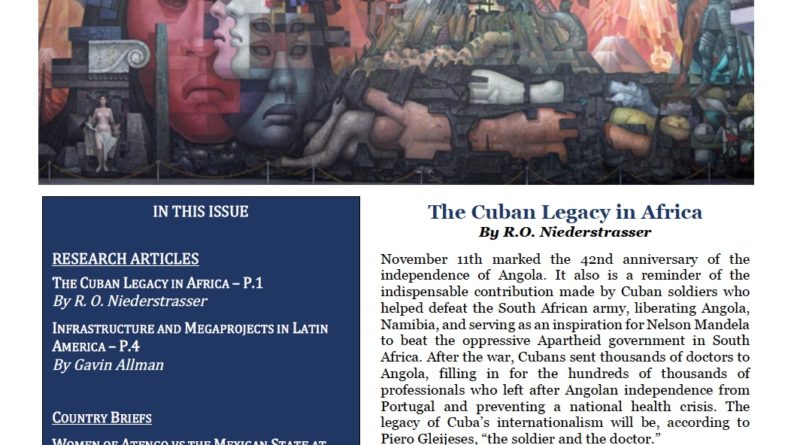WRH Volume 37 Issue 20
To purchase an individual copy of this issue, follow the link below. Use the reference V37I20 and a PDF will be emailed to you. If you wish to purchase a print copy, please email coha@coha.org with your shipping details and the reference V37I20.


